The first time Mao Asada stepped on a skating rink, nearly two decades ago, she wore a helmet and protective pads on her knees and elbows, wanting only to follow her big sister.
Now she stands at the top of the figure skating world as the world champion in 2008 and 2010, and the only woman to have landed three of the complicated triple Axel jumps in competition.
She is also a prime contender for the top prize at the Sochi Olympics, where she will again face long-standing rival and reigning world champion Kim Yuna of South Korea.
Three years ago in Vancouver, Kim was crowned champion with a record combined total of 228.56, obliterating the silver medalist Asada with a huge margin of 23.06 points.
"In the Vancouver Olympics, the gold medal was my goal which I had been pursuing since I started figure skating when I was a little girl. And when the Olympics was over, I felt frustrated at my failure," Asada told Reuters on Wednesday (November 27) after an afternoon practice at Chukyo University, just outside the central Japanese city of Nagoya, where she is a student.
While it may not match the intensity of the Nancy Kerrigan-Tonya Harding rivalry from the mid-90s, the 2010 showdown between the two 19-year-olds remain one of figure skating's all-time greats.
Asada, now 23, said she was set for another competition at Olympics -- but this time on a different motivation.
"What I'm focusing on now for the Sochi Games is simply doing successfully what I couldn't do so in Vancouver. It's a revenge to my own performance," she said.
Yet as recently as 2012, Asada thought seriously about quitting, tired after several uneven seasons of changing her skating style from the bottom up in the wake of losing gold at the Vancouver Olympics, and her mother's sudden death.
Asada was in the midst of this re-learning period in December 2011, when news that her 48-year-old mother Kyoko was in critical condition from cirrhosis of the liver sent her flying home from a competition in Canada. Her mother died before she arrived back in Japan.
This sent her into a slump that led her to go as far as telling her coach that she wanted to quit.
But the lively music her choreographer played during a visit piqued her interest, and in the process of working out a routine for exhibitions she gradually began to enjoy skating again.
"If possible, I wouldn't have wanted to have these tough experiences. Over the last three years I've been through a lot of pain and worry, but had it not been for the pain, it would have been impossible to pull up my condition to the current level," Asada said.
Asada, who has said this will be her last amateur season, racked up wins in both of her Grand Prix events this year, Skate America and the NHK Trophy, despite some trouble with the triple Axel, a jump with 3.5 rotations.
At the NHK Trophy, Asada, a slight 163 cm (5 ft 4 in), landed five triple jumps for a personal best that saw her mouth drop briefly in shock when she saw her score.
Asada said she had to start from the scratch to bring back her momentum.
"After Vancouver I started all over again, basically re-doing everything from the fundamentals. Now I feel as if I've really made this my own," the soft-spoken Asada said.
The Winter Olympic Games in Russia's resort town will stage the women's single competition, hopefully featuring the mouth-watering rematch of the arch-rivals Kim and Asada, on February 19 and 20.
"Right now, my goal is to make sure I have the physical strength to skate well until the very end, to be able to skate my programmes in a way that satisfies me," Asada said.
"I am in an exciting place right now. It's also a time where I have the highest expectation of myself and feel I am enjoying it. It's not fun but something I am looking forward to," she added of the Olympics.
She says she needs to get past the Olympics before deciding what comes next but adds ice shows are one possibility.
First of all, though, she'd like to travel once the Olympics are over, preferably to an island like Bali "where you can really take it easy."
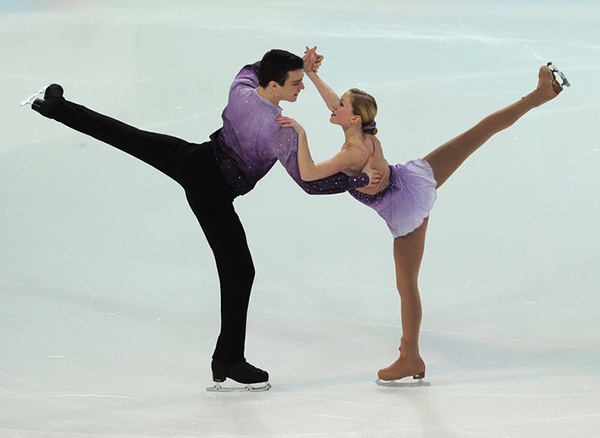 6 bước cơ bản khi chơi trượt băng
6 bước cơ bản khi chơi trượt băng
 Vẻ đẹp rạng ngời của VĐV trượt băng nghệ thuật Gracie Gold
Vẻ đẹp rạng ngời của VĐV trượt băng nghệ thuật Gracie Gold
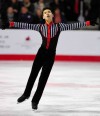 VĐV Nam Nguyễn gốc Việt vô địch trượt băng nghệ thuật Canada 2015
VĐV Nam Nguyễn gốc Việt vô địch trượt băng nghệ thuật Canada 2015
![Ngắm nhìn những huyền thoại trượt băng nữ đã tạo nên lịch sử [Phần 1]](/uploads/news/2015_02/11/805840544189-42.jpg) Ngắm nhìn những huyền thoại trượt băng nữ đã tạo nên lịch sử [Phần 1]
Ngắm nhìn những huyền thoại trượt băng nữ đã tạo nên lịch sử [Phần 1]
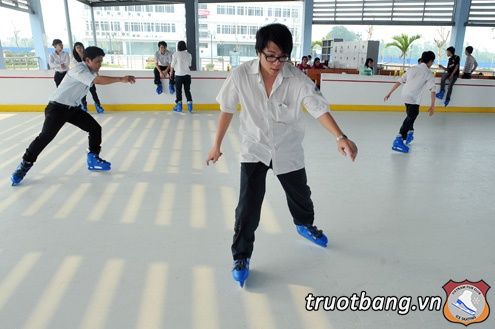 Sân trượt băng nghệ thuật tại trường ĐH FPT Hà Nội
Sân trượt băng nghệ thuật tại trường ĐH FPT Hà Nội
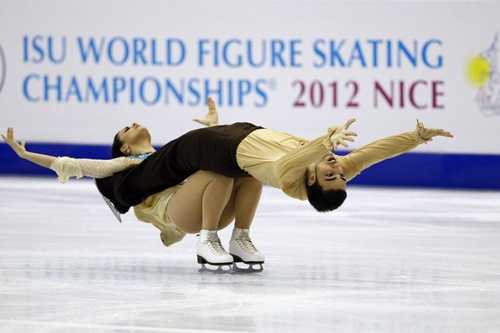 Những pha biểu diễn ấn tượng tại giải trượt băng thế giới
Những pha biểu diễn ấn tượng tại giải trượt băng thế giới
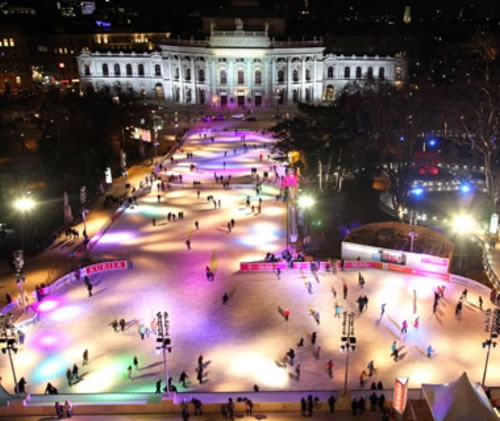 Những sân băng khổng lồ
Những sân băng khổng lồ
 Thích thú ngắm nhìn 6 sân trượt băng nổi tiếng Hàn Quốc
Thích thú ngắm nhìn 6 sân trượt băng nổi tiếng Hàn Quốc

